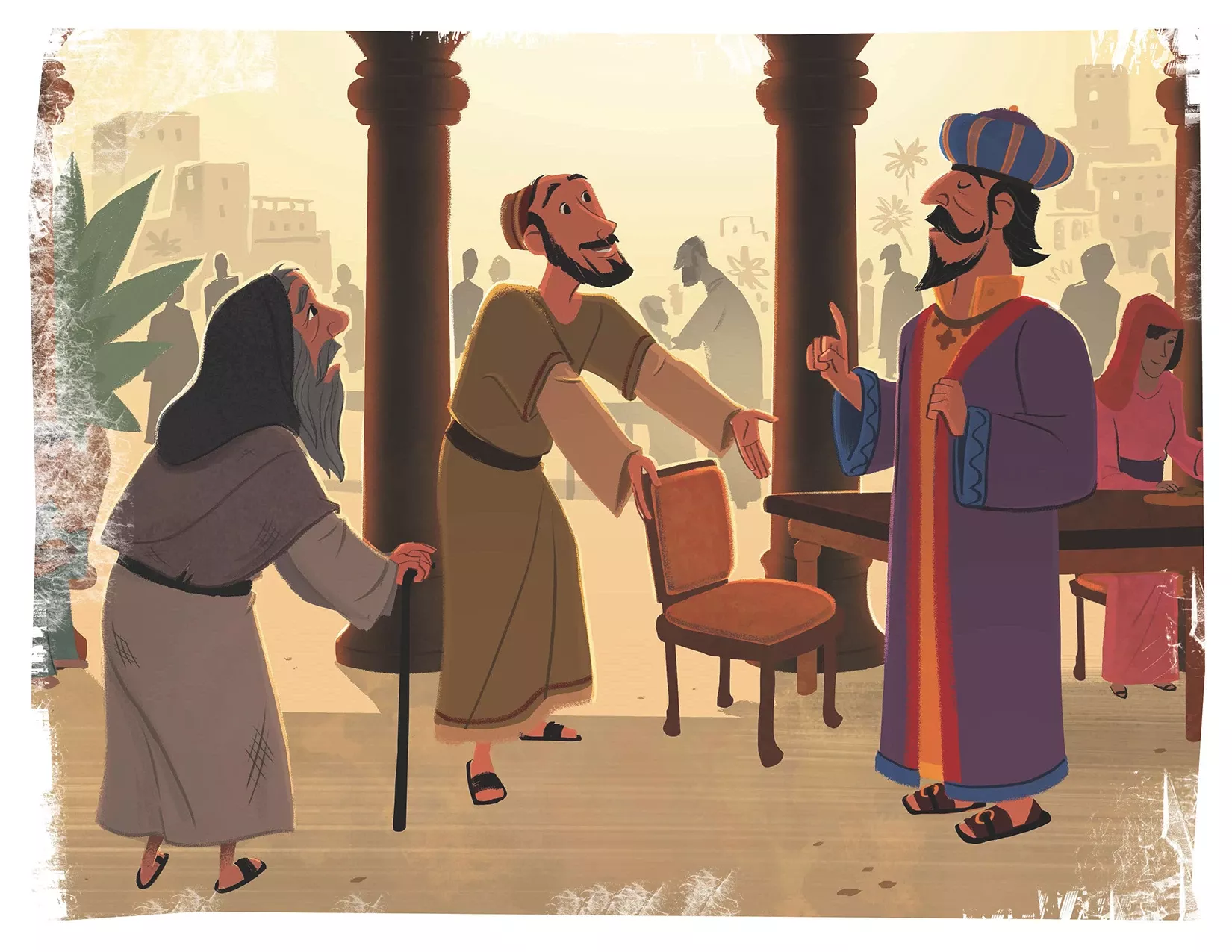Have you ever heard about the Early Church in the Bible? After Jesus' death and resurrection, his followers began to spread his teachings throughout the world. This group of believers became known as the Early Church. Let's learn more about the Early Church and their impact on Christianity!
According to the Bible, the Early Church was made up of people who believed in Jesus and his teachings. They met in homes and public places to pray, read the Bible, and share meals together. They also worked to spread the message of Jesus to others.
One of the most important leaders of the Early Church was the Apostle Paul. Paul was a Jewish man who had originally persecuted Christians, but after a dramatic encounter with Jesus, he became a follower and began to spread the message of Christianity throughout the world. Paul's letters, which are included in the Bible, are some of the earliest writings about Christianity and provide important guidance for believers.
The Early Church faced many challenges, including persecution from the Roman government and disagreements about how to interpret Jesus' teachings. However, the Early Church also experienced great growth and expansion. They established communities of believers in different cities and countries, and their message of love and compassion began to spread throughout the world.
One of the most important events in the history of the Early Church was the Council of Nicaea, which took place in the year 325. At this council, Christian leaders from all over the world gathered to discuss important theological issues and to establish a set of beliefs that would become the foundation of Christianity.
Today, the Early Church continues to inspire and guide Christians all over the world. Their commitment to love, compassion, and spreading the message of Jesus remains an important part of Christian beliefs and practices.
So that's the story of the Early Church, straight from the Bible! It's a story full of important lessons and reminders, and it teaches us about the power of faith and the impact of community.
